If you’ve wondered why your brewed-at-home coffee just doesn’t taste as good as it should, you might be making one of those simple mistakes that turns a great cup into a disappointment. Whether it’s a brewing blunder or a storage slip-up, there are plenty of ways to unintentionally mess up your coffee. And honestly, we’ve all been guilty of a few. But if you’re ready to level up your coffee game and avoid the cringe-worthy mistakes that baristas secretly judge, let’s get into what you should absolutely avoid doing to your morning brew.

Using Pre-Ground Coffee
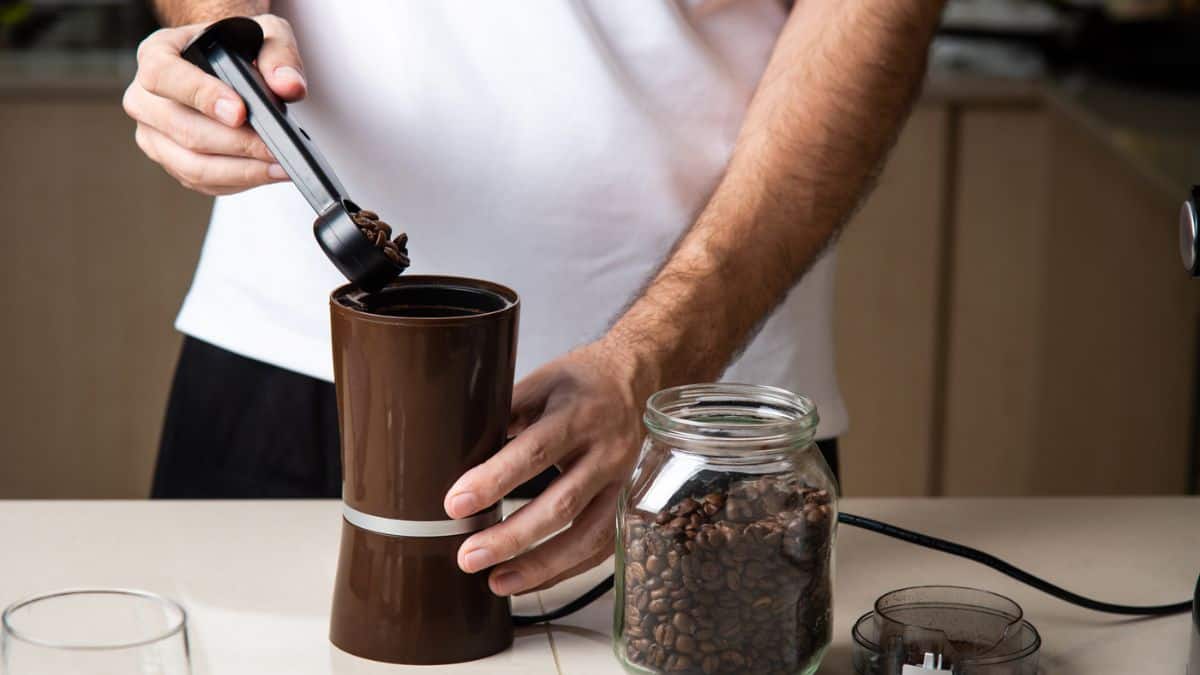
Pre-ground coffee loses its freshness and flavor faster than whole beans. The moment coffee is ground, it starts to oxidize, which diminishes the rich aromas and flavors. For the best taste, always grind your beans fresh.
Reheating Coffee

Microwaving your leftover coffee is a quick way to ruin it. The heat alters the flavor compounds, making the coffee taste bitter and burnt. If you need a warm-up, better to make a fresh cup or use a proper coffee warmer.
Adding Too Much Sugar

While some sugar enhances the taste, drowning your coffee in sweetness masks the subtle flavors of the beans. Too much sugar not only alters the taste but can also make it harder to appreciate high-quality brews.
Over-Brewing Your Coffee
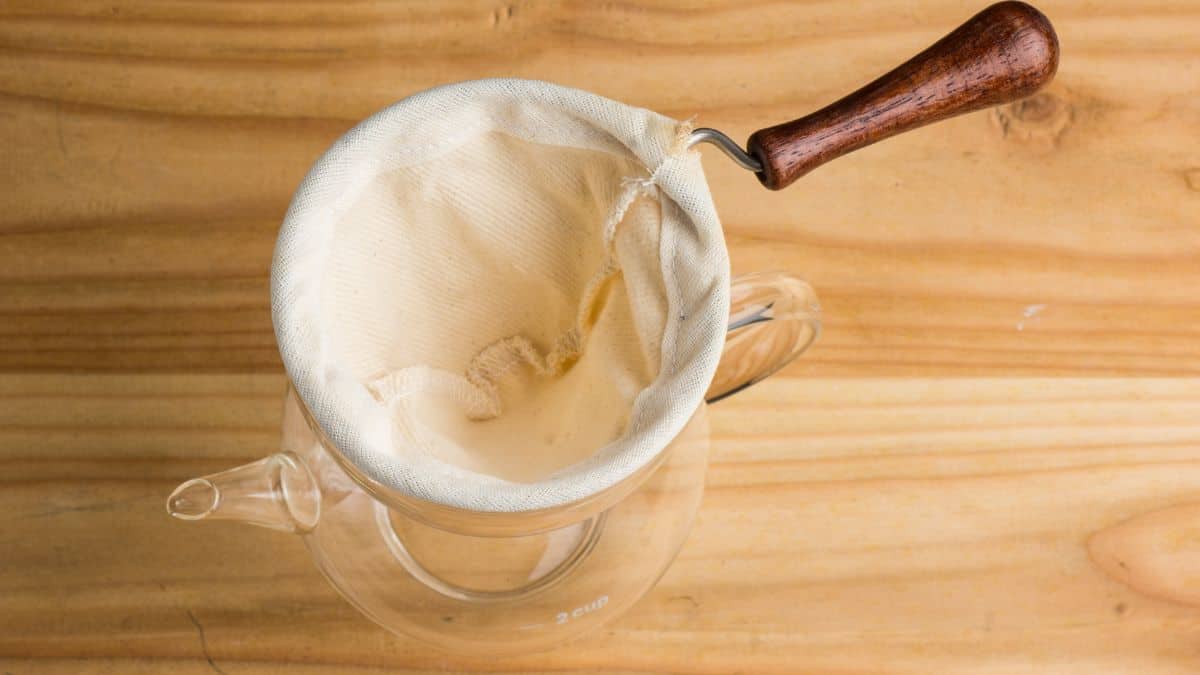
Brewing your coffee for too long extracts too many bitter compounds, leaving you with an overly harsh flavor. Stick to the recommended brew time—usually around 4-5 minutes for drip coffee or French press.
Storing Beans in the Freezer

It might seem like a good idea, but storing coffee beans in the freezer can cause moisture buildup, which damages the beans’ flavor. Instead, keep them in an airtight container in a cool, dark place.
Using Tap Water

The quality of water used in brewing coffee makes a huge difference. Tap water, especially if it’s hard or has chlorine, can ruin the flavor. Use filtered water to get a cleaner, more refined taste.
Overloading on Syrups

Flavored syrups might seem tempting, but they overpower the taste of the actual coffee. While an occasional pump of vanilla is fine, dousing your cup in syrup can turn it into a sugar overload that hides the true flavor.
Using Stale Coffee Beans

Coffee beans have a shelf life, and using old beans leads to a flat, stale brew. Beans typically lose their peak freshness after about two weeks. Always check the roast date and use them while fresh.
Skimping on Coffee Grounds

Trying to stretch your coffee by using fewer grounds than recommended will leave you with a weak, watery cup. Stick to the golden ratio—roughly 1 to 2 tablespoons of coffee for every 6 ounces of water.
Using Boiling Water
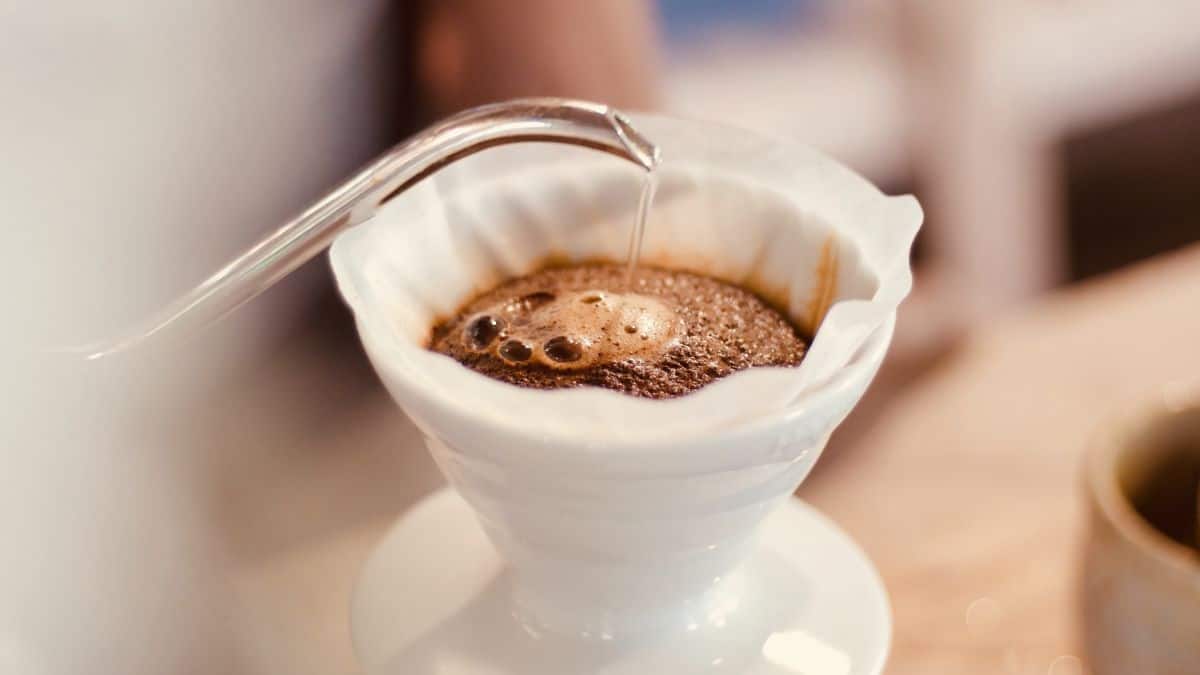
Water that’s too hot can scorch the coffee grounds, making the brew taste bitter. The ideal temperature is around 195°F to 205°F. Anything hotter, and you risk ruining those delicate flavor notes.
Skipping the Clean-Up

A dirty coffee maker or pot can lead to a build-up of oils and residue that affect the flavor of your coffee. Regular cleaning is essential for keeping your coffee tasting fresh and free of off-flavors.
Over-Relying on Creamers

Coffee creamers are loaded with artificial flavors and sugars that mask the natural flavors of the coffee. If you need cream, try using real milk or half-and-half for a richer, more authentic flavor.
Ignoring the Grind Size
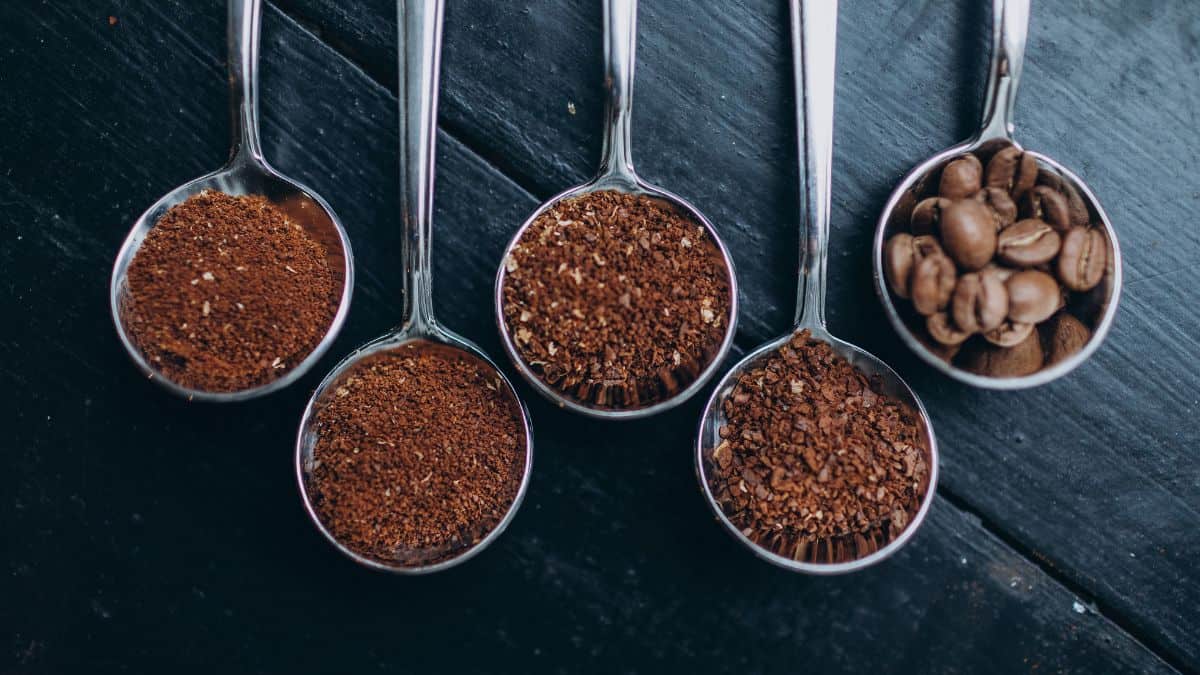
Different brewing methods require different grind sizes. Using the wrong grind size can lead to over or under-extraction. For example, espresso needs a fine grind, while French press requires a coarse one.
Using Coffee Pods
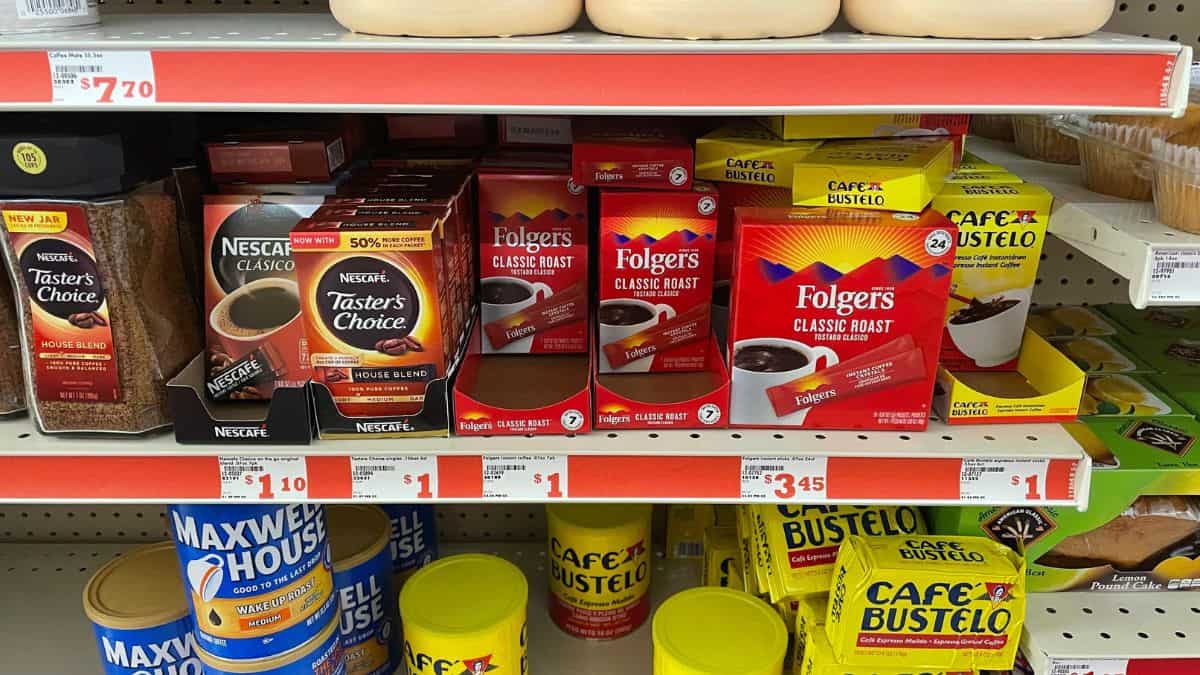
While convenient, coffee pods often use low-quality, pre-ground beans that result in a lackluster brew. They also limit control over the brewing process, reducing the overall quality of your coffee experience.
Letting Coffee Sit Too Long
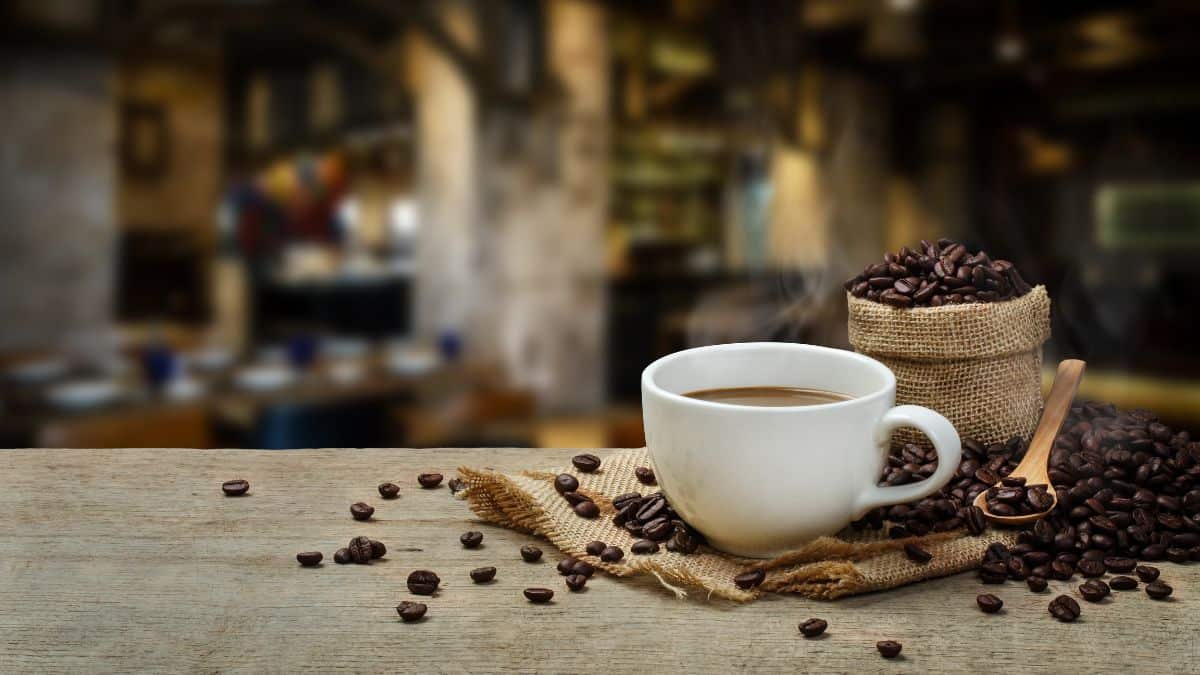
Coffee left sitting in a pot or on a warmer for too long becomes stale and bitter. Ideally, you should drink your coffee within 30 minutes of brewing to enjoy it at its best. If you need it later, store it in a thermal carafe.
11 Cities That Every Coffee Lover Should Check Off Their List

If you’re a coffee lover, there’s nothing quite like exploring a city that shares your passion for a great brew. This list of must-visit cities offers the ultimate coffee experiences where the beverage is much more than just a quick drink; it’s part of the city’s heartbeat. Venture through streets steeped in tradition and modern innovation alike, each cup promising a unique blend of local flavors and history. Grab your travel mug and take an unforgettable journey through the world’s best coffee cities.
Read it Here: 11 Cities That Every Coffee Lover Should Check Off Their List
If You’re Doing This At The Coffee Shop, You’re Annoying Everyone

We’ve all been there—trying to enjoy a quiet cup of coffee, only to be disrupted by someone’s annoying habits. Loud phone calls, hogging the Wi-Fi for hours, or rearranging the entire seating area for their own comfort, some people just don’t get it. If you’re wondering if you’re one of the culprits, read on. Here are the top coffee shop behaviors that are driving everyone else up the wall, especially the baristas.
Read it Here: If You’re Doing This At The Coffee Shop, You’re Annoying Everyone
*Select images provided by Depositphotos.
Gina Matsoukas is an AP syndicated writer. She is the founder, photographer and recipe developer of Running to the Kitchen — a food website focused on providing healthy, wholesome recipes using fresh and seasonal ingredients. Her work has been featured in numerous media outlets both digital and print, including MSN, Huffington post, Buzzfeed, Women’s Health and Food Network.








